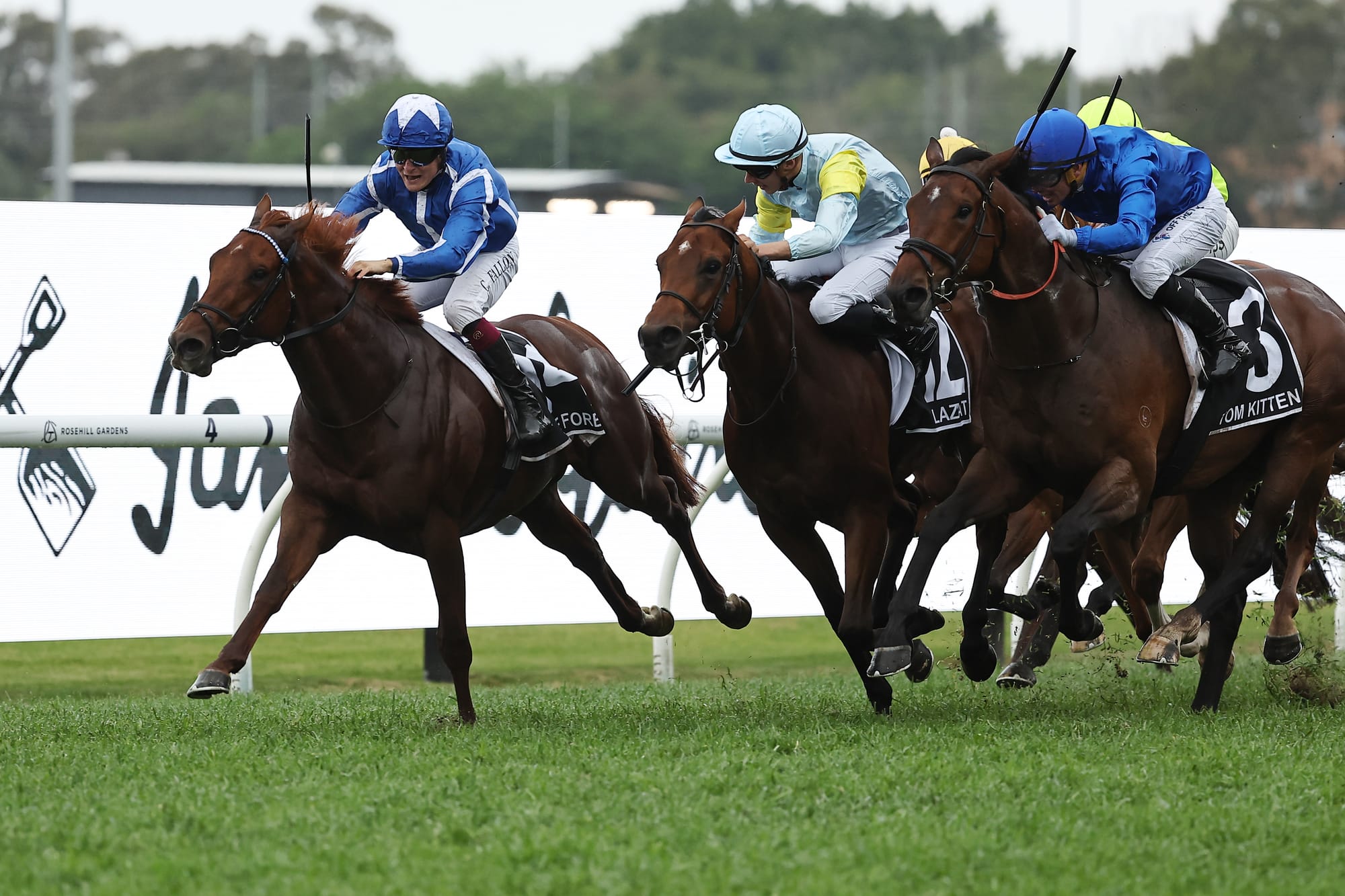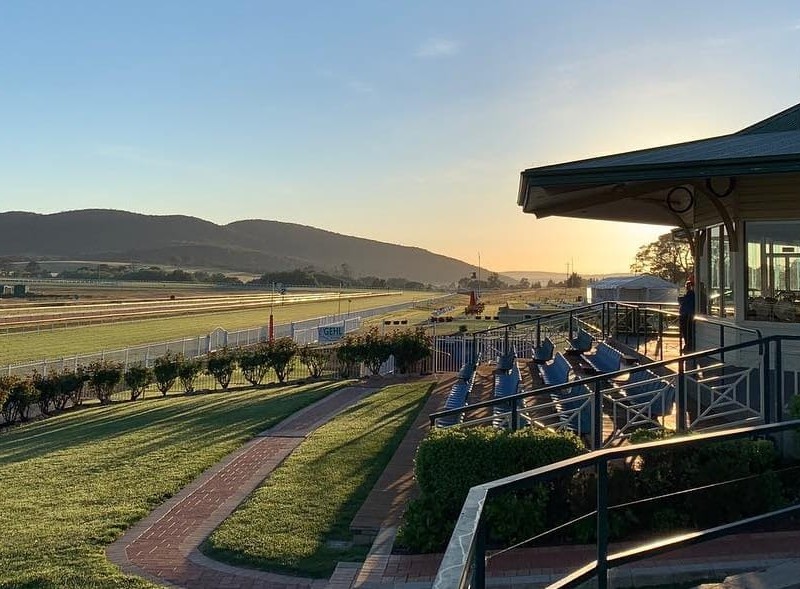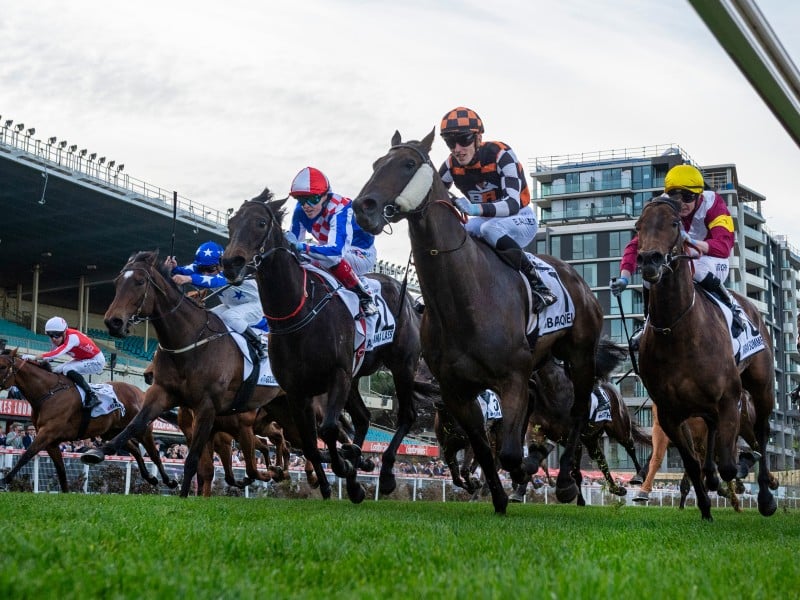What will happen with Australia’s black type Pattern?
The Racing Australia board will meet on Tuesday for its September meeting and one of the motions to be debated concerns the proposed implementation of Black Type Guidelines which would formalise the nation’s calendar of stakes races.
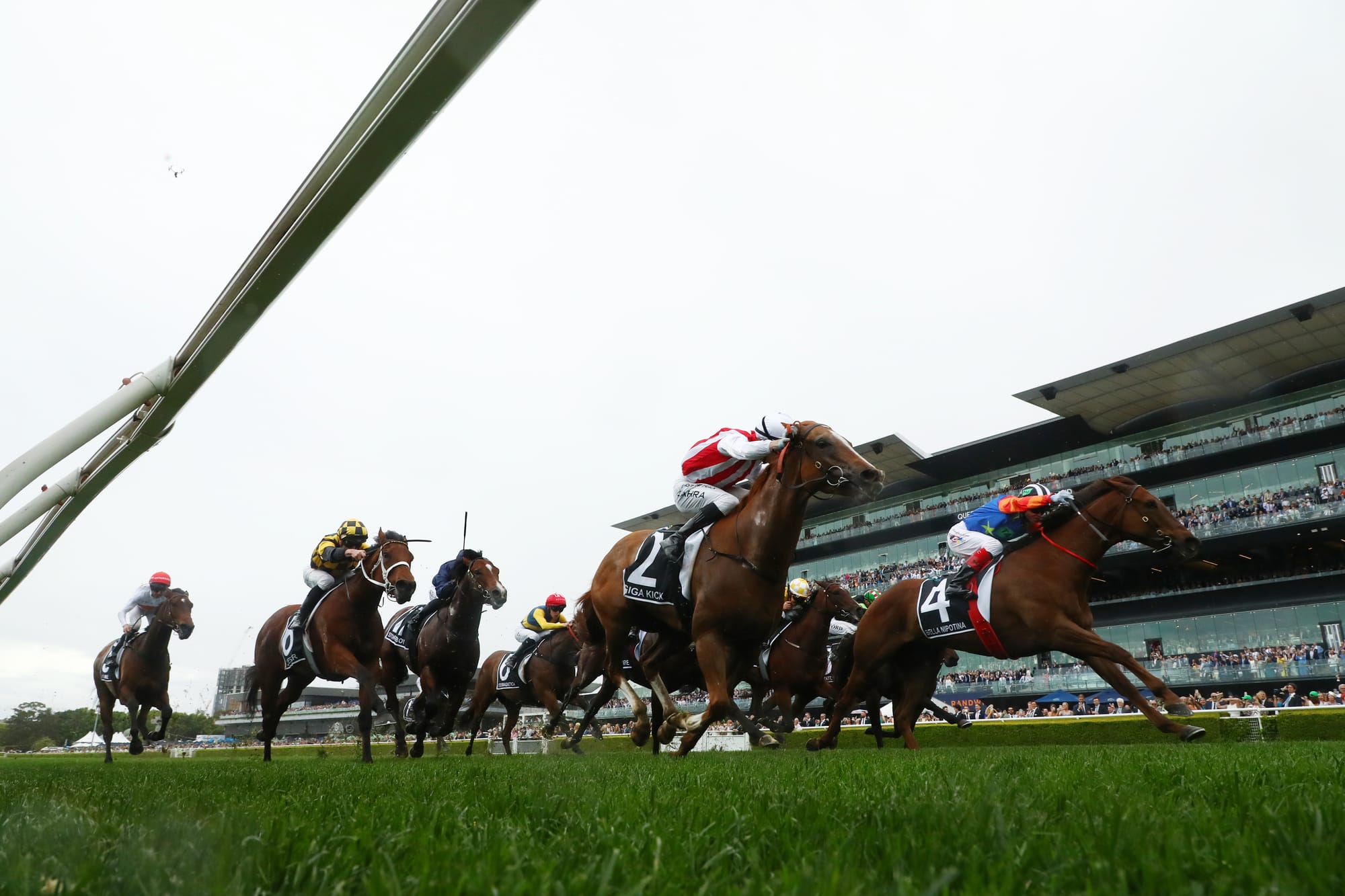
The six Principal Racing Authority-nominated delegates on the Racing Australia board will vote for or against the motion.
Racing NSW chief executive Peter V’landys is his state’s nominated director, Racing Victoria’s Tim Eddy will cast the vote for Racing Victoria, Graham Quirk is Racing Queensland’s delegate, Racing SA chair Rob Rorrison is his state’s representative and Colin Holt will vote in Racing WA’s best interests.
Les Boag represents the Canberra Racing Racing, Thoroughbred Racing NT and Tasracing as their nominated RA director.
How did we get here?
Australia’s Pattern has been in a state of flux since late last decade, with a renewed plan to reform the country’s black-type program paused last October, just days after Racing Australia announced new guidelines, and five years after any meaningful change was made.
Those aborted guidelines were developed after legal advice was sought about the Pattern.
That legal advice found that the former system, which falls within the guidelines of the Asian Pattern Committee, could contravene Australian competition law.
Former Racing Queensland chief executive Jason Scott, who was Racing Australia’s delegate on the Asian Pattern Committee until his resignation, confirmed to The Straight last week that three separate law firms were of the same legal opinion that the Pattern could breach the Trade Practices Act.
With the advent of races such as the All-Star Mile, the Golden Eagle and The Everest have gained traction
Racing SA chair Rob Rorrison is now Racing Australia’s APC delegate.
What are the Black Type Guidelines?
They are ratings-based guidelines that, if implemented, would be used to upgrade and downgrade Australian stakes races rather than having a committee preside over the Pattern which would take into account subjective factors as well as official handicap figures.
For example, under the guidelines, if a race achieves an average rating of 115 for three consecutive years it can be upgraded to Group 1.
The race rating is calculated using the peak seasonal rating for the top four in a particular race.
As former Hong Kong Jockey Club handicapper and Asian Pattern Committee member Ian Malpass posted on social media last week, this year’s All-Star Mile achieved a rating of 117.5, 2.5 points above the Group 1 benchmark.
That figure was deduced by winner Tom Kitten’s 116 rating in the All-Star Mile, runner-up Mr Brightside’s 120 figure achieved in the 2024 Makybe Diva and the third placed Light Infantry Man’s Australian Cup-winning rating of 117.
The 117 rating set in the CF Orr Stakes by Another Wil, who ran fourth in the All-Star Mile, is also used in the calculation.
Group 1s require approval from the Asian Pattern Committee but Australian authorities can upgrade Group 2s, 3s and Listed racesprovided they follow international protocols.
What happens if the new guidelines receive approval?
Australia conducted 623 stakes races last year – including some in NSW which didn’t receive international recognition or the support of rival PRAs. That number could increase by an estimated seven per cent if the Racing Australia board votes in favour of the guidelines proposal.
If that is the case, it is predicted that as many as 38 races could be immediately granted black-type status while another 60 to 80 races could be upgraded.
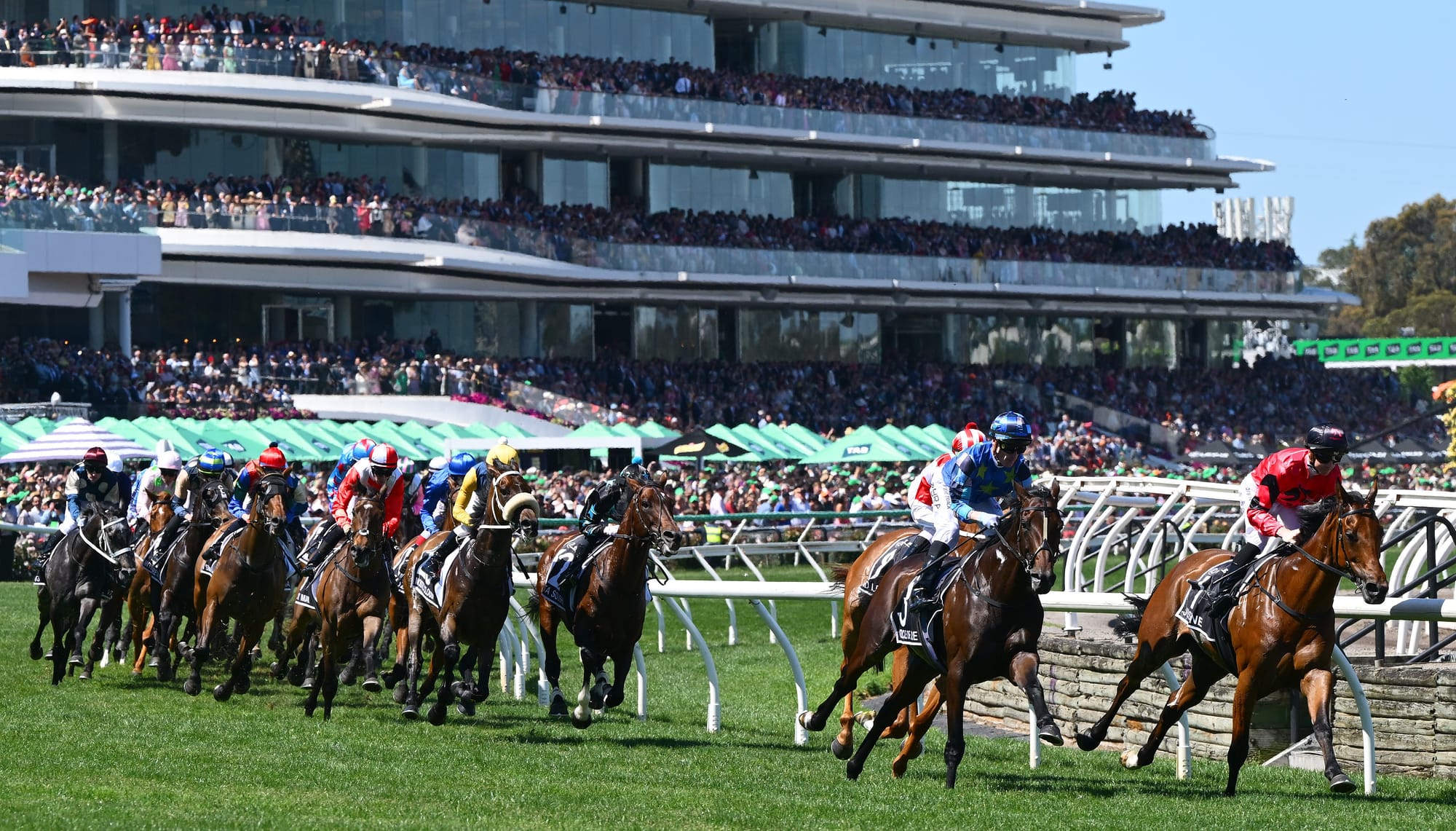
What happens if the motion is rejected?
It is back to the drawing board and whether a compromise can then be reached between the PRAs, and that of Racing NSW and Racing Victoria which hold the power of veto over Racing Australia.
Without the two dominant PRAs agreeing to a way forward, under the Racing Australia constitution, nothing can be changed.
What is likely to occur on Tuesday?
The Straight reported last week that the impasse was likely to continue with Racing Victoria and Racing NSW unlikely to agree on a way forward and endorse the Black Type Guidelines developed by Racing Australia.
Those arguing against the guidelines suggest that the biggest states, and NSW in particular, will be advantaged by its ability to use superior prize money races to
While no one from Racing Australia has spoken publicly about the issue, nothing in the past seven days has suggested that a peace offering has been brokered thus the no vote almost certainly wins.
